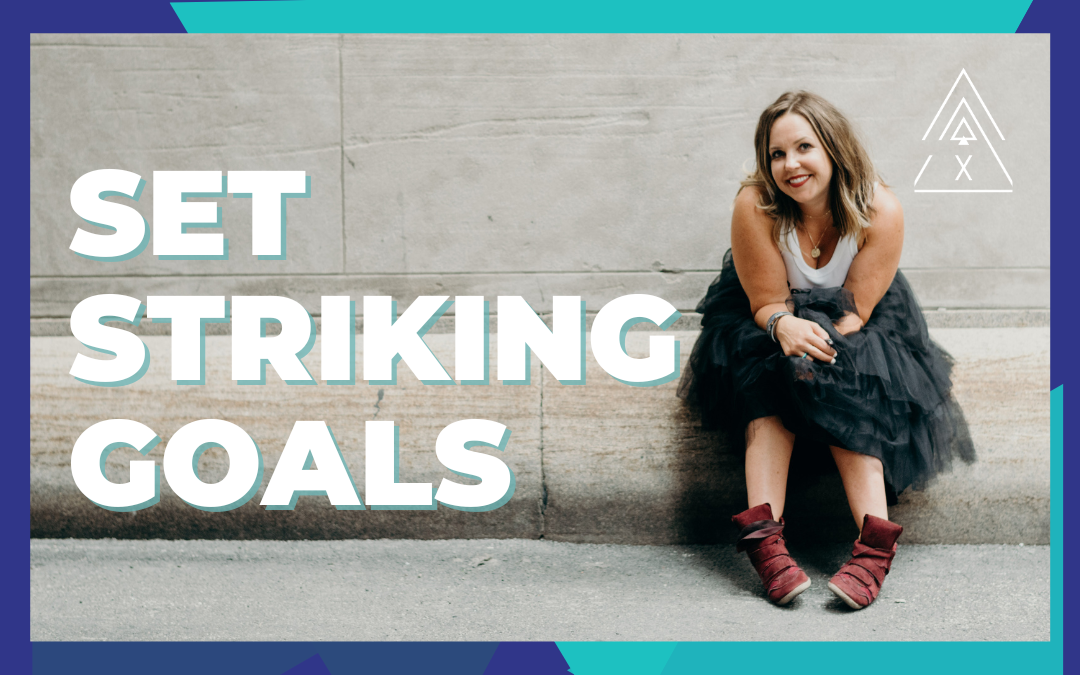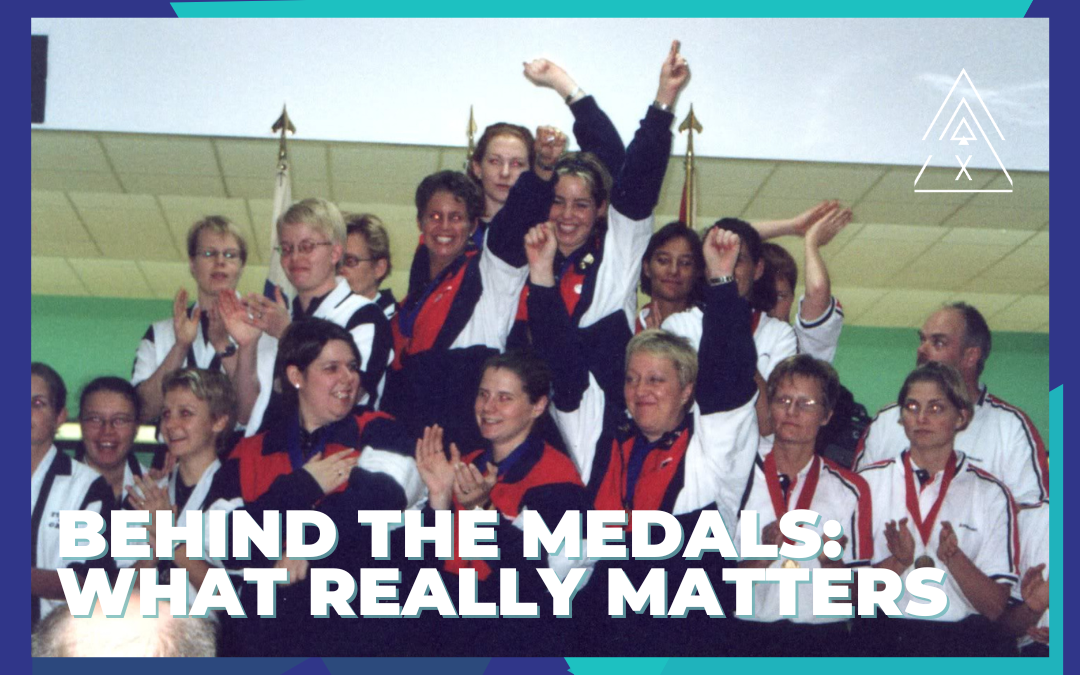When I look back on my phone, I’m reminded of where I was the first day after my knee surgery. I’ve been documenting my progress by taking videos and pictures, and I can see that I have come a long way since then. I am literally taking conscious steps every day toward my goal of a stronger, rebuilt knee!
My phone’s photo gallery has given me a visual reminder to appreciate the journey.
The thing is that when you’re not paying attention to the steps you’ve already taken, it can feel like something is taking forever. You might even feel stuck in the moment that you’re in at that time. But that only happens when you don’t actively plan and track your progress.
And, unfortunately, most people aren’t diligent about doing that.
I’m no longer just talking about my knee. The same thing applies to your bowling game or anything else you’re taking steps towards. Tracking anything allows you to review your progress and look back on how far you’ve come.
Don’t take progress for granted.
Track your journey. Measure your progress.
Sometimes people avoid tracking their progress because they might not want to take an honest look at where they’re at – to see their progress (or lack of it). They’re trying to avoid any accountability for whether or not they’re making progress.
When I coach somebody on the lanes, the first thing we usually do is a before video. Then, we analyze it. From there, we talk about what we’re going to work on. This is so much better than just taking for granted that you’re going to get somewhere. At any point, we can literally see how far they’ve come by comparing where they are to where they started. Progress tracking is a big part of any coaching I do.
An important part of progress tracking is also planning out the steps.
Because without those planned steps, how are you going to ensure you move forward?
The most important thing about any goal is the step-by-step plan on how you’re going to get there. Those steps are also reminders of where you are going.
So, what could these steps look like?
They could be planning how many times you’re going to practice a week. They could be setting milestones to meet for how much your spare percentage is going to go up along the way. They could be setting time aside weekly for consciously working on your mental game. Ultimately, setting up your steps means understanding that how you approach every day, week, and month matters and determines where you are going.
I always tell this to the kids in my Elite Youth Tour. The most empowering thing about life is that you get to choose where you’re going. Things don’t just happen. You get to choose by making the decisions that make your goals a reality.
You get to choose your own destination.
Your daily decisions take you there. They are how you achieve anything. But so many people forget this and, amidst being busy, start making choices that are not carrying them toward their goals.
There are so many choices every day, I know I could go to workout or stay comfortable on my couch and watch a movie. Of course, I choose what keeps me on track to my goal. Unless I need to rest. Then I give myself permission to do that.
What also works well for me is planning my steps and my time. I map out my time each day to stay conscious of my day-to-day decisions. I’ve always been one to plan. There are rarely days when I wake up not knowing what I’m going to do. I’m not saying that every moment needs to be filled with something to do, but living intentionally is important to getting closer to your goals.
With your steps and time mapped out on paper, it’s easier to avoid making decisions that take you away from your goals. It reminds you about your goals every single day. It also reminds you of your achievements along the way.
I teach people to clearly set goals and intentional steps – and then follow through. The follow-through, as I’ve always said, is just as important. You need to stay accountable to your words to yourself. A good way to do this is regularly looking at your notebook, calendar, or goal sheet where you wrote down all the steps you need to take to reach a goal.
How you do anything is how you do everything. This daily accountability to yourself also sets up how you’re accountable to everything else, including your bigger goals.
As I’m sure you know by now, I’m really a big advocate for accountability.
I realize that sometimes taking the first steps can still feel intimidating because the end seems far away. And you may doubt that you’ll ever get there. I get it. But don’t let that threaten your motivation!
Know you CAN reach any goal, with daily commitment!
Start by making a practical list of steps that will get you there. A checklist you can easily follow to keep you on track each day, week, and even month. As an example for my knee recovery, I have daily exercises to do on my own, weekly rehab, physical therapy sessions, and monthly check-ins. I know that all of these are equally important to my knee rehabilitation success. If I skip even one day, it will set back my progress the next day, the entire week, and even that month.
All of your smaller steps are connected to your bigger steps. So, all of them matter equally!
It all comes down to setting your mindset so that you can see how far you’ve come and where you’re going.
I’ve created the new “Monthly Mindset” series to help you set your mindset for success. I’m confident it will help you set your mindset to track and stay on track to smash any goals you have in mind! Get on the waitlist here. It’s launching soon!
It’s for everyone too! All ages, bowlers and beyond, will benefit from these accountability reminders. Plus, when you build and strengthen your mental game, you also become a stronger support for others around you too.
CLICK THE IMAGE BELOW TO SIGN UP FOR FIRST DIBS!










0 Comments